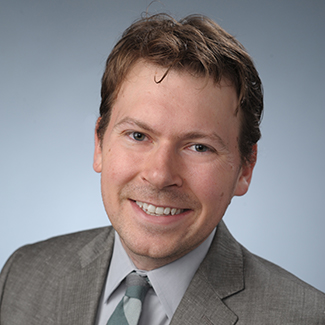Golisano Graduates Eligible to Earn a Syracuse Degree in Two Years
Golisano Institute for Business & Entrepreneurship is partnering with Syracuse University’s College of Professional Studies to offer its two-year certificate program graduates the option to pursue a bachelor’s degree at a reduced per credit rate equivalent to the total cost of a Golisano education.
The first partnership of its kind for both institutions is creating a path from a professional certificate program into transfer credits that will directly apply up to 48 credits toward a choice of four Syracuse bachelor’s programs: creative leadership, business management, knowledge management and liberal studies.
Founded and fully funded by Tom Golisano, Golisano Institute provides a tailored two-year certificate program aimed at making a premier business education accessible for all. The Institute will open this fall to welcome its first class of students.
“We are proud to partner with Syracuse University’s College of Professional Studies to ensure that Golisano Institute graduates have the option to transfer credits earned here toward a Syracuse bachelor’s degree,” said Dr. Ian Mortimer, president of Golisano Institute. “Our shared mission to deliver a high-quality educational experience for tomorrow’s business leaders and entrepreneurs while providing access to learners of all walks of life makes this the ideal partnership.”
“Our partnership with the Golisano Institute reaffirms our commitment to providing access to Syracuse University for non-traditional students who want to transform their lives and their communities through education,” said Dr. Michael Frasciello, dean of the College of Professional Studies. “The content and quality of the Institute’s program aligns perfectly with the market-sensitivity and rigor of our online undergraduate degrees. The entrepreneurial and progressive missions of our institutions make this partnership immediately impactful and relevant.”
Golisano Institute for Business & Entrepreneurship offers a distinctive business-focused curriculum, integrated with local, regional and national employers and accessible for individuals of all ages seeking to pursue a career in business or start a new venture. Tuition for the two-year certificate program is $8,900 per year, payable in two installments of $4,450. Need-based financial assistance is also available to eligible students. Syracuse is reducing its per credit hour rate to $450 for Golisano graduates to ensure the program is affordable and accessible for all.
The College of Professional Studies at Syracuse University supports all individuals seeking to start or finish a college degree, pursue an opportunity for professional acceleration or to simply take classes of interest taught by world-class faculty.
For more information, please visit Golisanoinstitute.org or professionalstudies.syracuse.edu.
About Golisano Institute for Business & Entrepreneurship
Golisano Institute for Business & Entrepreneurship offers a timely and affordable alternative path to a business education for high school graduates and young working professionals. Our two-year certificate program provides an intensive immersion in business-related coursework and an experiential learning environment. Our purpose is to efficiently turn out highly trained entrepreneurs in the greater Rochester region.
About Syracuse University College of Professional Studies
The College of Professional Studies is a global, inclusive and future-facing college, providing access to a diverse population of students and learners seeking a Syracuse University degree, credential, certificate or educational experience from anywhere in the world.

